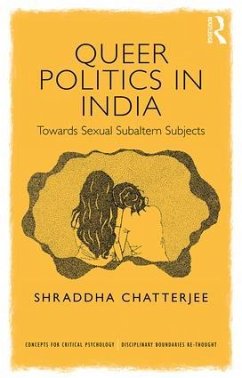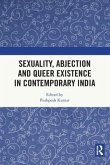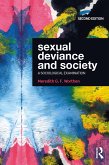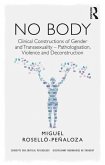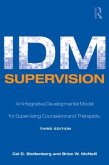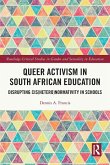Queer Politics in India simultaneously tells two interconnected stories. The first explores the struggle against violence and marginalization by queer people in the Indian subcontinent, and places this movement towards equality and inclusion in relation to queer movements across the world. The second story, about a lesbian suicide in a small village in India, interrupts the first one, and together, these two stories push and pull the book to elucidate the failure and promise of queer politics, in India and the rest of the world.
This book emerges at a critical time for queer politics and activism in India, exploring the contemporary queer subject through the different lenses of critical psychology, Lacanian psychoanalysis, feminist and queer theory, and cultural studies in its critique of the constructions of discourses of 'normal' sexuality. It also examines how power determines further segregations of 'abnormal' sexuality into legitimate and illegitimate queer subjectivities and authentic and inauthentic queer experiences. By allowing a multifaceted and engaged critique to emerge that demonstrates how the idea of a universal queer subject fails lower class, lower caste queer subjects, and queer people of colour, the author expertly highlights how all queer people are not the same, even within queer movements, as the book asks the questions, "which queer subject does queer politics fight for?", and, "what is the imagination of a queer subject in queer politics?"
This hugely important and timely work is relevant across many disciplines, and will be useful for students of psychology and other academic areas, as well as researchers and activist organizations.
This book emerges at a critical time for queer politics and activism in India, exploring the contemporary queer subject through the different lenses of critical psychology, Lacanian psychoanalysis, feminist and queer theory, and cultural studies in its critique of the constructions of discourses of 'normal' sexuality. It also examines how power determines further segregations of 'abnormal' sexuality into legitimate and illegitimate queer subjectivities and authentic and inauthentic queer experiences. By allowing a multifaceted and engaged critique to emerge that demonstrates how the idea of a universal queer subject fails lower class, lower caste queer subjects, and queer people of colour, the author expertly highlights how all queer people are not the same, even within queer movements, as the book asks the questions, "which queer subject does queer politics fight for?", and, "what is the imagination of a queer subject in queer politics?"
This hugely important and timely work is relevant across many disciplines, and will be useful for students of psychology and other academic areas, as well as researchers and activist organizations.

